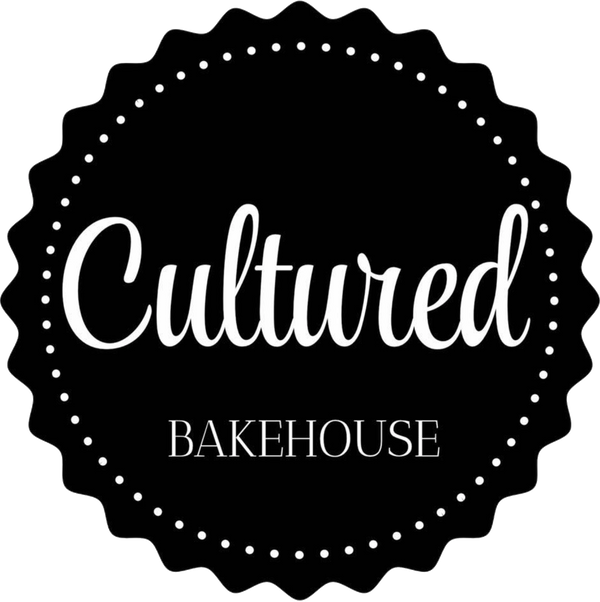Embarking on a gluten-free journey can feel overwhelming with the myriad of questions that arise. Let’s delve into some of the most common inquiries to clarify the facts and help navigate this path.
Are Gluten-Free Oats Safe to Eat?
For most people with celiac disease or gluten sensitivity, gluten-free oats are a nutritious choice, providing fiber, vitamins, and minerals (Celiac Disease Foundation). However, cross-contamination is a significant concern, so it is essential to choose oats labeled certified gluten-free to ensure they have been processed in a gluten-free facility (Beyond Celiac).
A small percentage of individuals with celiac disease may still react to avenin, a protein in oats that is structurally similar to gluten (Mayo Clinic). If you have concerns, it is best to consult a healthcare professional before introducing oats into your diet.
Are Gluten-Free Foods Healthier?
Not necessarily. While gluten-free foods are crucial for individuals with celiac disease or gluten intolerance, they are not inherently healthier for those without these conditions (Harvard Health). Many gluten-free processed foods contain added sugars, fats, and preservatives to mimic the texture of gluten-containing products. Opting for whole, naturally gluten-free foods, such as fruits, vegetables, lean proteins, and whole grains like quinoa and brown rice, is the best way to maintain a balanced diet (Academy of Nutrition and Dietetics).
Are Gluten-Free Products Suitable for Diabetics?
It depends. Some gluten-free products have a higher glycemic index, meaning they may cause blood sugar spikes (American Diabetes Association). For diabetics, choosing fiber-rich whole grains such as quinoa, brown rice, and buckwheat while monitoring portion sizes can help manage blood sugar levels effectively. Always check labels and consult a healthcare professional for personalized dietary advice.
Are Gluten-Free and Wheat-Free the Same?
No, they are not. Gluten-free means the product does not contain gluten, which is found in wheat, barley, and rye(Celiac Disease Foundation). Wheat-free products do not contain wheat but may still have gluten from other sources. If you need to avoid both gluten and wheat, always check labels carefully.
Can Gluten-Free Individuals Eat Chocolate?
Yes, pure chocolate is naturally gluten-free (Beyond Celiac). However, many chocolate products may contain added ingredients or be processed in facilities that handle gluten-containing foods, leading to cross-contamination. To be safe, look for certified gluten-free chocolate or check the ingredient list carefully.
Can Gluten-Free Individuals Eat Rice?
Absolutely! Rice is naturally gluten-free and serves as a staple for many gluten-free diets (Mayo Clinic). It is versatile and can be used in a variety of dishes, from savory meals to desserts. However, some flavored or pre-packaged rice products may contain gluten, so always check the label.
Can Gluten-Free Individuals Eat Cheese?
Most natural cheeses are gluten-free (National Celiac Association). However, processed cheese products, flavored cheeses, or those containing additives may have gluten. To ensure safety, always check the ingredient list and choose pure, unprocessed cheese whenever possible.
Why Is Gluten-Free Bread Often Frozen?
Gluten-free bread lacks preservatives that help extend the shelf life of regular bread (Harvard Health). Because of this, gluten-free bread tends to spoil faster if not stored properly. Freezing helps maintain its freshness and texture, allowing individuals to thaw slices as needed.
Will Going Gluten-Free Help with Weight Loss?
Not necessarily. Some people may lose weight after going gluten-free because they eliminate processed foods from their diet (Harvard Health). However, others may gain weight if they rely on gluten-free processed foods, which can be high in sugars, fats, and refined starches. The best approach for weight management is to focus on nutrient-dense, whole foods rather than gluten-free substitutes.
Final Thoughts
Navigating the gluten-free world can be challenging, but with the right information and careful choices, it becomes manageable. If you are considering a gluten-free diet, whether for medical reasons or personal preference, consulting with a healthcare professional or a registered dietitian can help ensure you are making informed and balanced dietary decisions (Academy of Nutrition and Dietetics).

